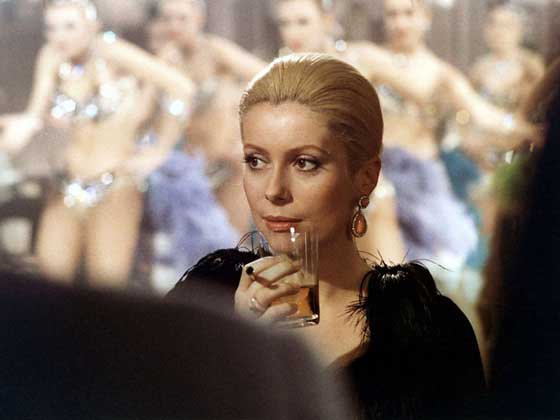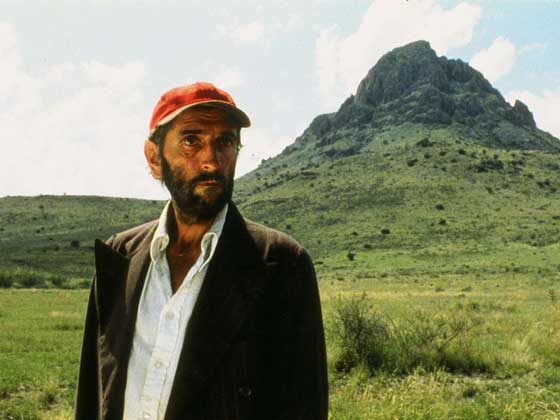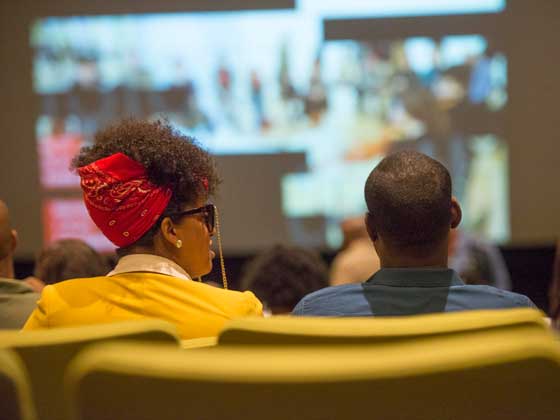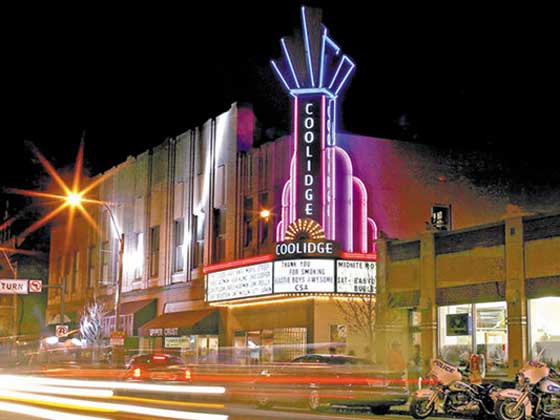As The Class Struggle
Heats Up And We Take Arrests-Some Important Information From The American Civil
Liberties Union
Click
below to link to an American Civil
Liberties Union (ACLU)-Massachusetts website for additional information and
links to other chapters.
http://aclum.org/
Greg Green comment:
I have crossed swords
with the ACLU over their defense of "free speech" for fascists and
other issues but this information is very useful as we take more arrests in our
current struggles. And as the class struggle heats up and more occasions for
arrest occur. We are not constrained by legalism, the ACLU's or anybody else's,
in our actions, obviously, but we had better, collectively, be prepared on all
fronts otherwise we will be picked off one by one.
*********
WHAT TO DO IF YOU'RE
STOPPED BY POLICE, IMMIGRATION AGENTS OR THE FBI
We rely on the police
to keep us safe and treat us all fairly, regardless of race, ethnicity,
national origin or religion. This card provides tips for interacting with
police and understanding your rights. <br />
Note: Some state laws
may vary. Separate rules apply at checkpoints and when entering the U.S.
(including at airports).
YOUR RIGHTS
- You have the right
to remain silent. If you wish to exercise that right, say so out loud.
- You have the right
to refuse to consent to a search of yourself, your car or your home.
- If you are not
under arrest, you have the right to calmly leave.
- You have the right
to a lawyer if you are arrested. Ask for one immediately.
- Regardless of your
immigration or citizenship status, you have constitutional rights.
YOUR RESPONSIBILITIES
- Do stay calm and be
polite.
- Do not interfere
with or obstruct the police.
- Do not lie or give
false documents.
- Do prepare yourself
and your family in case you are arrested.
- Do remember the
details of the encounter.
Do file a written
complaint or call your local ACLU if you feel your rights have been violated.
IF YOU ARE STOPPED
FOR QUESTIONING
Stay calm. Don't run.
Don't argue, resist or obstruct the police, even if you are innocent or police
are violating your rights. Keep your hands where police can see them.
Ask if you are free
to leave. If the officer says yes, calmly and silently walk away. If you are under
arrest, you have a right to know why. <br />
You have the right to
remain silent and cannot be punished for refusing to answer questions. If you
wish to remain silent, tell the officer out loud. <br >
In some states, you
must give your name if asked to identify yourself. <br />
You do not have to
consent to a search of yourself or your belongings, but police may "pat
down" your clothing if they suspect a weapon. You should not physically
resist, but you have the right to refuse consent for any further search. If you
do consent, it can affect you later in court.
IF YOU ARE STOPPED IN
YOUR CAR
Stop the car in a
safe place as quickly as possible. Turn off the car, turn on the internal
light, open the window part way and place your hands on the wheel.
Upon request, show
police your driver's license, registration and proof of insurance.
If an officer or
immigration agent asks to look inside your car, you can refuse to consent to
the search. But if police believe your car contains evidence of a crime, your car
can be searched without your consent. <br />
Both drivers and
passengers have the right to remain silent. If you are a passenger, you can ask
if you are free to leave. If the officer says yes, sit silently or calmly
leave. Even if the officer says no, you have the right to remain silent. <br
/>
IF YOU ARE QUESTIONED
ABOUT YOUR IMMIGRATION STATUS
You have the right to
remain silent and do not have to discuss your immigration or citizenship status
with police, immigration agents or any other officials. You do not have to
answer questions about where you were born, whether you are a U.S. citizen, or
how you entered the country. <br />
(Separate rules apply
at international borders and airports, and for individuals on certain
nonimmigrant visas, including tourists and business travelers.) <br />
If you are not a U.S.
citizen and an immigration agent requests your immigration papers, you must
show them if you have them with you. If you are over 18, carry your immigration
documents with you at all times. If you do not have immigration papers, say you
want to remain silent. <br />
Do not lie about your
citizenship status or provide fake documents. <br />
IF THE POLICE OR
IMMIGRATION AGENTS COME TO YOUR HOME
If the police or
immigration agents come to your home, you do not have to let them in unless
they have certain kinds of warrants. <br />
Ask the officer to
slip the warrant under the door or hold it up to the window so you can inspect
it. A search warrant allows police to enter the address listed on the warrant,
but officers can only search the areas and for the items listed. An arrest
warrant allows police to enter the home of the person listed on the warrant if
they believe the person is inside. A warrant of removal/deportation (ICE
warrant) does not allow officers to enter a home without consent. <br />
Even if officers have
a warrant, you have the right to remain silent. If you choose to speak to the
officers, step outside and close the door. <br />
IF YOU ARE CONTACTED
BY THE FBI
If an FBI agent comes
to your home or workplace, you do not have to answer any questions. Tell the
agent you want to speak to a lawyer first. <br If you are asked to meet with
FBI agents for an interview, you have the right to say you do not want to be
interviewed. If you agree to an interview, have a lawyer present. You do not
have to answer any questions you feel uncomfortable answering, and can say that
you will only answer questions on a specific topic.
IF YOU ARE ARRESTED
Do not resist arrest,
even if you believe the arrest is unfair. Say you wish to remain silent and ask
for a lawyer immediately. Don't give any explanations or excuses. If you can't
pay for a lawyer, you have the right to a free one. Don't say anything, sign
anything or make any decisions without a lawyer.
You have the right to
make a local phone call. The police cannot listen if you call a lawyer.
Prepare yourself and
your family in case you are arrested. Memorize the phone numbers of your family
and your lawyer. Make emergency plans if you have children or take
medication.< br />
Special
considerations for non-citizens:
- Ask your lawyer
about the effect of a criminal conviction or plea on your immigration status.
<br />
- Don't discuss your
immigration status with anyone but your lawyer. <br />
- While you are in
jail, an immigration agent may visit you. Do not answer questions or sign
anything before talking to a lawyer. <br />
- Read all papers
fully. If you do not understand or cannot read the papers, tell the officer you
need an interpreter. <br />
IF YOU ARE TAKEN INTO
IMMIGRATION (OR "ICE") CUSTODY
You have the right to
a lawyer, but the government does not have to provide one for you. If you do
not have a lawyer, ask for a list of free or low-cost legal services. <br
/>
You have the right to
contact your consulate or have an officer inform the consulate of your arrest.
Tell the ICE agent
you wish to remain silent. Do not discuss your immigration status with anyone
but your lawyer. <br />
Do not sign anything,
such as a voluntary departure or stipulated removal, without talking to a
lawyer. If you sign, you may be giving up your opportunity to try to stay in
the U.S
Remember your
immigration number ("A" number) and give it to your family. It will
help family members locate you. <br />
Keep a copy of your
immigration documents with someone you trust.
IF YOU FEEL YOUR
RIGHTS HAVE BEEN VIOLATED
Remember: police
misconduct cannot be challenged on the street. Don't physically resist officers
or threaten to file a complaint.
Write down everything
you remember, including officers' badge and patrol car numbers, which agency
the officers were from, and any other details. Get contact information for
witnesses. If you are injured, take photographs of your injuries (but seek
medical attention first).
File a written
complaint with the agency's internal affairs division or civilian complaint
board. In most cases, you can file a complaint anonymously if you wish.
Call your local ACLU
or visit www.aclu.org/profiling.
This information is
not intended as legal advice.
This brochure is
available in English and Spanish / Esta tarjeta tambián se puede obtener en
inglés y español.
Produced by the
American Civil Liberties Union 6/2010














